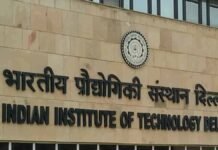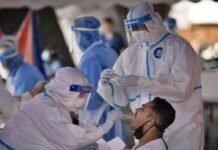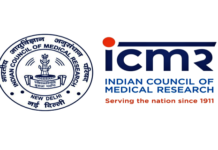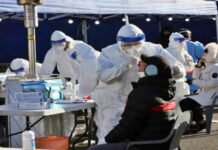
Kolkata: Researchers at the Indian Institute of Technology (IIT) Kharagpur have developed a low-cost device for rapid screening of Covid-19 infection and claimed that it would benefit the poor. Suman Chakraborty, a professor of mechanical engineering, one of the two persons leading the project, said on Saturday through digital means that a device called ‘Kovirap’ can be used for a quick test for just Rs 400 and within an hour the result of the investigation will be on the mobile app Can be seen

Chakraborty said that the cost of the equipment will be two thousand rupees and due to the production on a large scale, the price may decrease. He said that the institute has applied for a patent. He said that the Covirap can be tested more easily than the tests done with laboratory equipment and the results obtained from it will be as accurate as the RT-PCR test. He said that many tests can be done with one device and for this only the cartridges of paper have to be changed after each test.
Tools like RT-PCR machines
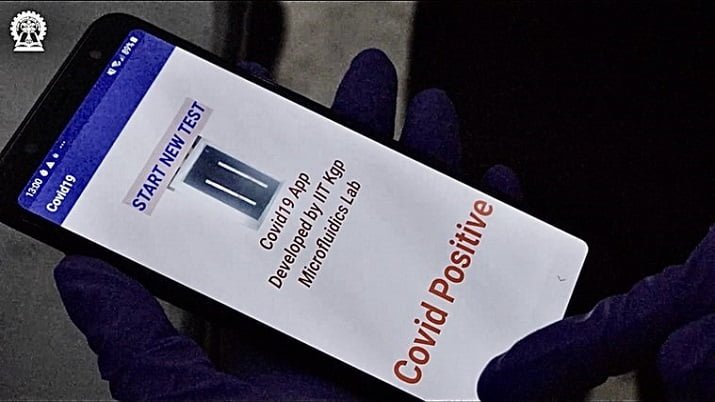
The professor said that this equipment is designed keeping in mind the limited resources and no special training is required to run it. He said, “The technology currently being used for investigation is very expensive. In addition, there are also infrastructural requirements. We felt that this option could not be generated by making changes in equipment like RT-PCR machines. We thought that something had to be done differently for this and new techniques of investigation would have to be introduced which would meet the medical standards. ”
The team of researchers consists of researchers from the Department of Mechanical Engineering, led by Professor Chakraborty, and researchers at the School of Bioscience, led by Assistant Professor Arindam Mandal. Mandal said, “This transportable device is not only capable of testing Kovid-19 but can also detect any RNA virus by the same process.”
Professor VK Tiwari, Director, IIT Kharagpur said, “The goal of this innovation is to provide high-level healthcare technology to the common people at a low cost. This will be a significant contribution to the management of the epidemic globally. “





































